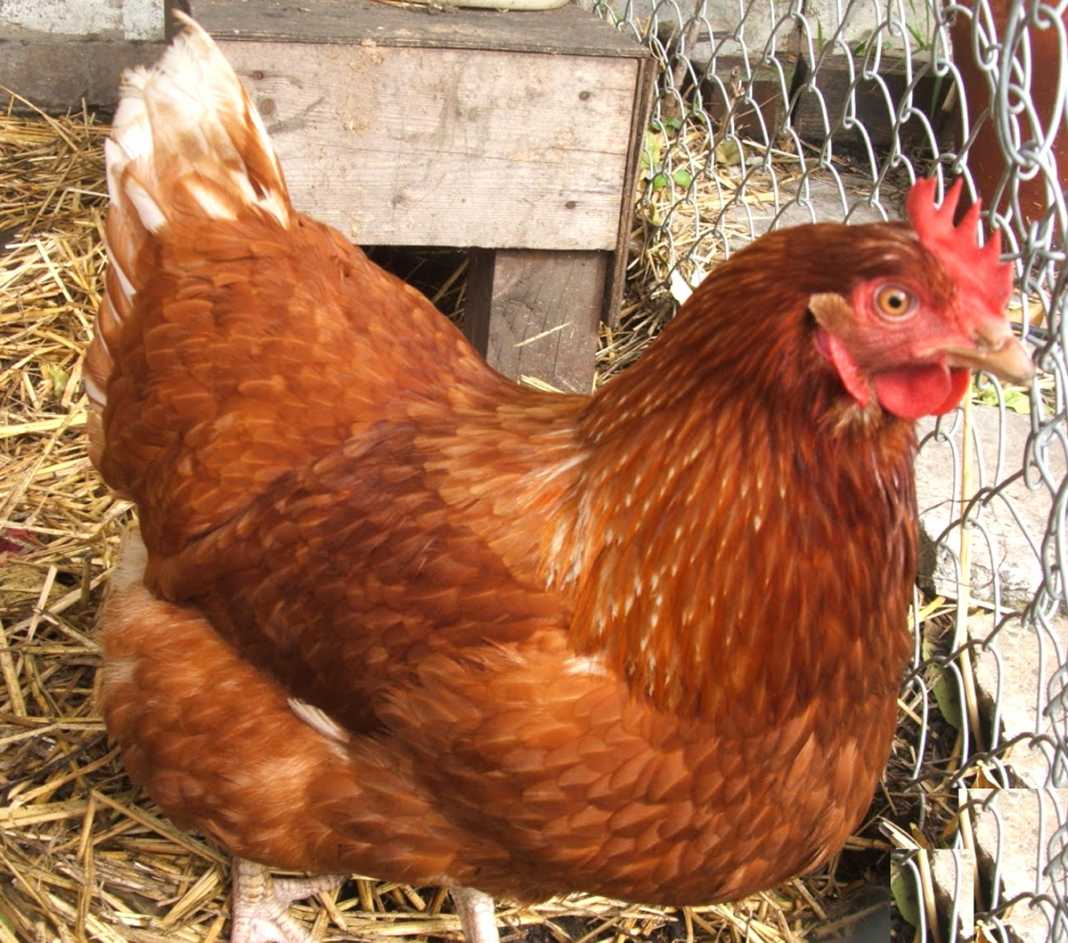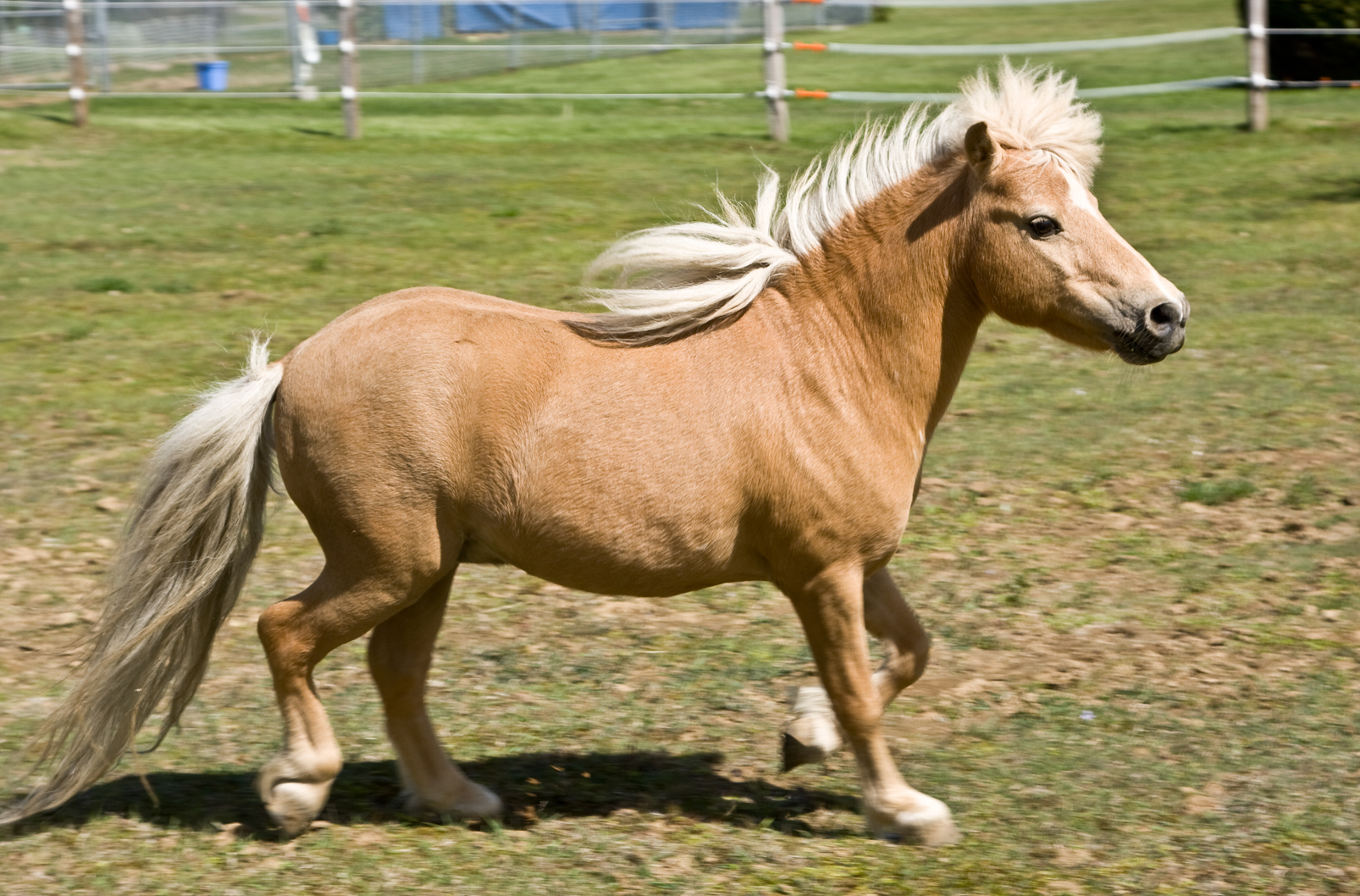
Animals are extremely beneficial for homesteads, they can provide provide a source of food such as eggs, milk, and meat, which can be consumed by homesteaders or sold for additional income.
Other advantages range from reducing food waste and fertilizing gardens to controlling insect populations. Some can even provide companionship and emotional support.
By including animals on your homestead you will see numerous benefits that can greatly contribute to a successful and self-sufficient lifestyle.
Most larger homesteads have cattle such as cows and horses, but what about if you are homesteading on less than a 1/4 of an acre? No need to worry about how you are going to fit an 800lbs dairy cow on your balcony garden, here is a list of animals that are a perfect for smaller homesteads.
1. Chickens
Chickens are an excellent addition to small homesteads for several reasons.
First and foremost, chickens are an excellent source of fresh eggs and meat, providing a sustainable and nutritious food source for families. Additionally, chickens can be raised relatively easily and cheaply, requiring only a small amount of space and minimal care. You will only need roughly 110 square feet for a flock of 6 chickens- providing you with up to two dozen eggs a week!
Chickens are also known for their ability to fertilize soil, making them an excellent source of fertilizer for gardens and crops. Furthermore, chickens are known for their pest control abilities, helping to control insect populations in and around the homestead.
Overall, chickens are an affordable, practical, and beneficial addition to small homesteads, providing not only food but also added benefits to the health and prosperity of the homestead.

2. Ducks
Ducks are one of my favorite animals for homesteads, they are entertaining and enjoyable to watch, adding a unique charm and character to the homestead.
They consume various types of pests such as slugs, snails, and insects, which helps to reduce the use of pesticides and other chemicals on the homestead. Our ducks love to follow me around as I garden so that I will toss slugs out to them.
Ducks produce delicious and highly nutritious eggs that can be used for personal consumption or sold for an additional income. These eggs are also fantastic for baking. Ducks need a minimum of 5 square feet each and will lay an average of an egg a day, but this depends on the breed.
Additionally, ducks are a source of high-quality fertilizer due to their manure, which can be used to fertilize crops and gardens on the homestead.

3. Quail
Quail are an excellent option for small homesteads because they require minimal space, are easy to care for, and produce a constant supply of small, protein-rich eggs. Unlike chickens, quail can be housed in smaller coops or cages, making them ideal for smaller properties, needing only 0.5 to 1 square foot of floor space per adult bird and 12 to 18 inches of cage height. Quail were one of the first animals we chose to incorporate into our homestead when we still lived in the city due to their small size. They have an added bonus of being quiet birds- any noises they do make often blend in with the wild birds.
Additionally, quail have a more docile nature, making them easier to handle. They also mature more quickly than chickens, reaching maturity in just 8-12 weeks, which means that the homesteader can have a regular supply of eggs very quickly. In terms of eggs, quail eggs are considered a delicacy and are high in protein, iron, and vitamins, making them a healthy and nutritious addition to any homesteader’s diet, they normally lay an egg everyday.

4. Rabbits
Rabbits are incredibly prolific breeders and can provide a consistent source of meat and fur for the family. They also produce a high-quality fertilizer that can be used for the garden, helping to boost soil fertility, often referred to as “black gold”.
Additionally, rabbits are quiet animals, making them a good choice for those living in residential areas. With a large variety of breeds to choose from, you can find a rabbit for every purpose, such as New Zealand Whites for meat or Angoras for fur.
Finally, rabbits are a good source of income, as they can be sold at local farmers markets or to other homesteaders looking to expand their own herds. Overall, rabbits are a versatile and useful addition to any small homestead, providing a number of benefits to both the family and the land.

5. Pygmy Goats
Pygmy goats, also known as dwarf goats, are an excellent choice for small homesteads. They are small in size, typically weighing between 50-80 pounds when fully grown, making them easy to manage and house on a small property. Pygmy goats are hardy and adaptable animals that are able to thrive in a variety of climates and environments.
They have the added bonus of being excellent milk producers, providing a sufficient supply of fresh milk for a small family. They are relatively easy to milk and require minimal equipment.
Furthermore, pygmy goats are friendly, sociable animals that make great pets and can easily be trained and handled by children. They are also enjoyable to watch and can provide hours of entertainment.
6. Minature Pigs
Miniature pigs require little space to roam and can even be kept indoors. This is ideal for those with limited outdoor space or living in urban areas. They are easy to care for and require less food and maintenance than their larger counterparts. They can also be trained to use a litter box.
Pigs are known to be excellent soil tillers, with the ability to root up and fertilize soil.
Additionally, miniature pigs are intelligent and social animals that form strong bonds with their humans, making them excellent companions. Their small size means they can be easily transported if necessary, making them a good option for those who frequently move.

7. Sheep
Sheep are relatively low-maintenance and self-sufficient animals that require minimal care and attention compared to other livestock. They can graze on pasture and can also eat hay or silage, which can be grown on the homestead or purchased easily.
Sheep also produce a valuable fiber, wool, which can be used for clothing and other textiles. Just like rabbits, their manure is an excellent natural fertilizer for gardens and crops.
Sheep can also provide a source of protein through their meat, making them a versatile and valuable asset to any small homestead. Their gentle temperament also makes them easy to handle and work with, even for beginners.

8. Bees
Bees are beneficial for small homesteads due to their role in the pollination process. As pollinators, bees cause the growth of fruits, vegetables, and other crops, promoting a healthy and thriving homestead ecosystem. Additionally, bees also produce honey and beeswax which can be harvested for personal consumption or sold for income.
As social insects, bees also provide an opportunity for homesteaders to learn about and engage with the natural world, studying their complex behavior and ecological impact. In addition to their practical benefits, bees, particularly honeybees, are important indicators of environmental health and well-being.
By introducing bees to a small homestead, a homesteader can contribute to the conservation of these vital insects and promote the preservation of biodiversity in their community.

9. Fish
Fish are an excellent source of protein and offer a reliable and steady food source for families. They are also quite versatile in terms of how and where they can be raised, thriving in various environments such as ponds or tanks, especially when practicing aquaponics. A cheap second hand IBC tote can be easily repurposed into an aquaponics system.
Furthermore, raising fish is a relatively low-maintenance venture as they need only to be regularly fed and their habitat maintained. So, introduce fish farming to your homestead and experience the numerous benefits that come along with it, while setting yourself up for sustainable success.

10. Guinea Pigs
Guinea pigs are excellent pets for small homesteads due to their manageable size, low-maintenance requirements, and ability to produce nutritious meat. They only require a small amount of living space and can thrive in outdoor pens or indoor cages. Guinea pigs are also social animals and enjoy company, making them ideal for families or individuals seeking a companion animal.
Guinea pigs are easy to breed and have short gestation periods. They also produce less waste than larger livestock animals, requiring less cleanup.

11. Dwarf Cattle
Dwarf cattle, also known as miniature cattle, are significantly smaller in size than standard cattle breeds, which means they require less space and feed. This makes them easier to manage and can save on costs.
Because of their smaller size, they tend to be more docile and easier to handle than their larger counterparts. This can be helpful for those who are new to farming or who are working alone.
Dwarf cattle also tend to have fewer health issues and can live longer than larger breeds. They are adaptable to a range of climates and can thrive in both hot and cold weather. For those who are looking to produce their own meat, dwarf cattle can provide a sustainable source of high-quality, lean beef. Overall, dwarf cattle are a great option for homesteaders who are limited on space but still want to raise their own livestock.

12. Pigeons
Pigeons can be a valuable addition to small homesteads because they are easy to raise and care for, they provide a sustainable source of meat and eggs, and their manure is an excellent fertilizer for gardens. Pigeons can also help control pests by consuming insects and small rodents.
They are relatively quiet and don’t require a lot of space, making them a perfect fit for small homesteads or urban environments. Pigeons are also known for their intelligence and social nature which can make them a great source of entertainment and companionship.

13. Alpacas
Alpacas are relatively low-maintenance animals and require less space and resources than larger livestock such as cows or horses. Alpacas thrive in smaller herds and can provide quality wool for knitting or textile production. Secondly, alpacas are docile and sociable creatures, making them a great choice for families in search of a friendly and playful addition to their homestead.
They are gentle and easy to handle, even for young children. Alpacas have a gentle impact on the land as they only nibble on the tops of grass, meaning they are fantastic lawnmowers and can help to maintain pastures, which is especially useful for those who plan to use their homestead for agricultural purposes. All in all, alpacas are versatile and practical livestock that can add value to small homesteads in many ways.

14. Miniature Horses & Donkeys
Miniature horses and donkeys small size makes them much easier to handle than their full-sized counterparts. This can be especially important for those with limited space or experience with large animals. Additionally, these animals are low-maintenance and require less food and space than larger breeds, making them a cost-effective choice for small homesteads.
They are also excellent companion animals and can provide emotional support to their owners. In terms of their functionality, miniature horses and donkeys can be trained to pull carts or carry packs, making them useful for hauling small loads around the homestead. Here at KeyStone we have two miniature donkeys which provide a great deal of help with pulling carts around the garden.

